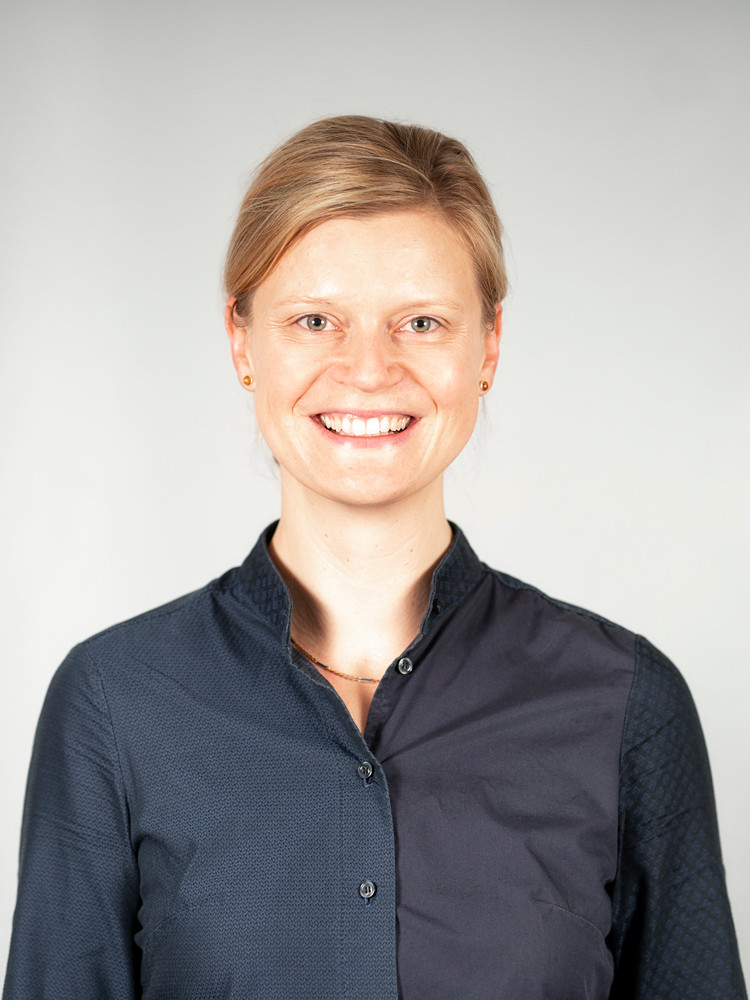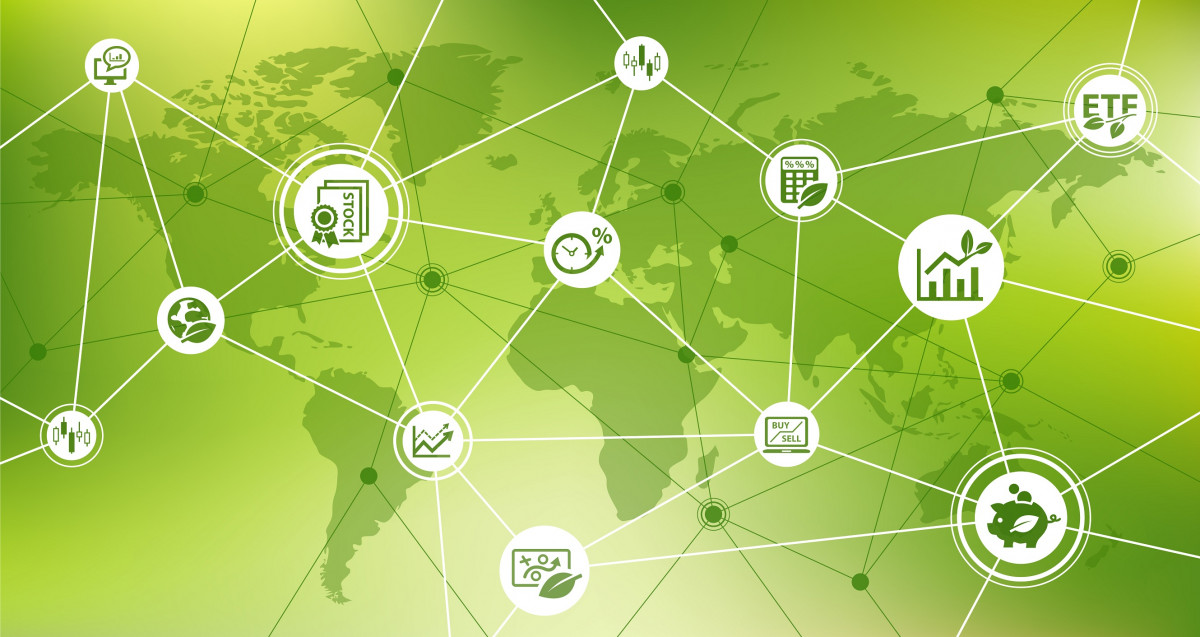Funding for Future: How sustainable finance reshapes climate action – and why journalists should listen more closely
Sustainable finance has long been below the radar of most journalists covering the energy transition and climate action– and yet, it could soon turn into one of global climate action’s most important storylines and also influence a wide range of other environmental and social challenges. Getting to the bottom of a topic full of technical terms and concepts from the world of banking may prove tricky for journalists who are unfamiliar with the finance sector. The real-world impacts of financial decisions are often hard to predict and track. Conversely, those who regularly report on financial markets struggle to stay ahead of the rapid changes unfolding in climate policy and to overcome the narrow focus on the quarterly profit and loss accounts that has long dominated finance journalism.
Together with experts from the German Sustainable Finance Research Platform, Clean Energy Wire aims to bridge this divide and enable reporters from all backgrounds to connect the dots on how finance shapes climate action. We will focus on the broader implications of finance in the climate crisis and try to assess whether existing initiatives to clean up investment practices amount to mere greenwashing – or if it could become a true game changer. In the first installment of our event series devoted to this fast-developing topic, we aim to:
- Offer an overview of the fundamental role the financial sector plays in meeting international climate targets
- Illustrate the climate impact of sustainable finance on the basis of concrete examples
- Advise journalists what debates and developments to watch out for in the sector
- Empower reporters to develop their own sources and networks in the field
- Provide a solid fundament for journalists to fall back on when researching for a new project
Russia’s war in Ukraine has not only brought immense human suffering to a peaceful country, but it has also shattered decades of German and European security and energy policy. This means that understanding the underlying financial networks and investment principles of energy trading has become more important than ever for those covering the fight against the climate crisis. With the EU, and particularly Germany, suddenly faced with an unprecedented urgency to transform their energy systems, trillions of euros will be flowing into infrastructure for power production, industry, heating and transport in the next years. An informed public debate that can scrutinize whether this money is put to good use depends on reporting that can explain how financial market actors will define sustainable investments – be it in nuclear power, gas infrastructure or even in arms producers.
AGENDA
| 16.00 - 16.10 |
Welcome and opening words By Benjamin Wehrmann, Clean Energy Wire |
| 16.10 - 16.30 |
An inside perspective on the EU sustainable finance agenda By Ingmar Juergens, Co-founder and CEO of Climate & Company and Sherpa in the EU Platform on Sustainable Finance Key questions he will be answering include: - Why is finance suddenly at the heart of the climate debate? |
| 16.30 - 16.40 |
Q & A |
| 16.40 - 17.00 |
Sustainable finance as a cross-sectional topic By Franziska Schütze, Coordinator of the Sustainable Finance Research Platform from the German Institute for Economic Research (DIW) She will be focusing on questions such as: -What is the state of sustainable finance research? |
| 17.00 - 17.25 | Discussion and Q&A |
| 17.25 - 17.30 | Conclusion and outlook |
SPEAKERS

Dr. Franziska Schütze is a Research Associate in the climate policy department at DIW Berlin and coordinator of the Sustainable Finance Research Platform. Prior to DIW, she worked at the Global Climate Forum e.V. and obtained her Ph.D. at the University of Potsdam. Her research aims at understanding economic implications of climate and energy policies and the role of the financial sector. This includes the assessment of climate-related risks and opportunities, the assessment of green fiscal policies and financial market regulation. Recently she focussed on the market for green bonds and the development and use of climate-related scenarios by companies and financial institutions. A particular focus is on net-zero emission scenarios for the building sector. She holds a B.Sc. and M.Sc. in International Economics and Business from Utrecht School of Economics. During her Master she studied one semester at Lund University and Copenhagen Business School. After her studies, she worked as an analyst for a venture capital fund for sustainable businesses in the area of renewable energy, e-mobility, natural resources and green IT.
Having started his first climate change job in 1998, Ingmar Juergens, managing director of Climate&Company, is one of the pioneers of carbon finance and one of the most experienced experts in the field of climate economics and sustainable finance. Having spent most of 2002-2017 in increasingly responsible positions with the OECD, the UN (FAO) and the EU Commission, Ingmar is amongst the very few experts covering the entire range of climate policy and finance dossiers, from adaptation, to mitigation, finance and policy to the modelling of climate change impacts and the economics of climate change. A champion of evidence-based decision making, Ingmar has kept his analytical edge throughout his career, publishing applied work about climate policy, finance and economics in areas spanning from land use, to industry, the energy sector and financial markets. His unique mix of science, finance and policy skills has enabled him to play key (typically low-profile) roles in crucial policy processes at national, EU and international level. He worked with the German sustainable finance committee, is currently Sherpa (and „biodiversity lead“) in the EU sustainable finance platform, expert in EFRAG’s Project Task Force for drafting the European sustainability reporting standards (ESRS – working group 4), co-founded the Sustainable Finance Research Platform and initiated and co-chairs the German Chamber of Commerce’s ad-hoc working group on sustainable finance.


